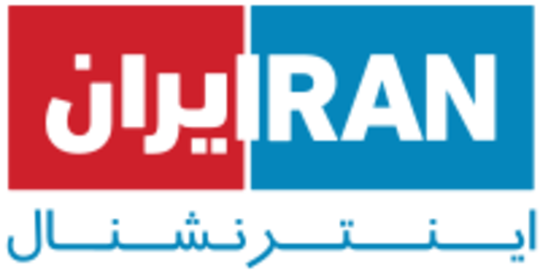In an official statement, issued on Saturday 30 November, Iran's Ministry of Intelligence announced a series of new actions against Iran International TV, and claimed that the government has also arrested several people who were cooperating with this TV channel from inside Iran.
The statement says any cooperation with it is being seen as ‘cooperation with the enemies.’
The security forces have also detained citizens who sent any report, news or videos from Iran to the station. The ministry claims that Persian media outside Iran ‘have provoked the unrest and violent protests inside Iran.’
It also claimed that all the assets and properties of Iran International TV employees and reporters were to be seized by the Judiciary. The Judiciary confirmed this asset seizure last week.
These new severe repressions against Iran International TV, in particular, are due to its 24-hour broadcasting and live programs which have been covering ongoing protests against fuel price rises and government economic policies.
Ownership of the Iran International is unclear.The Iranian government considers Iran International TV channel to be funded by the Saudi government with which the Islamic Republic currently has hostile relationships.
The latest moves come on the back of comes recent pressures and intimidations by Iran's security forces on the families and relatives of a number of other journalists working for Persian language media outside Iran such as Radio Farda and BBC Persian.
The latest reports by IFJ Farsi shows that recently there have been at least 20 cases of intimidations against Iranian journalists in the United Kingdom, Sweden, Turkey, Czech Republic, and France.
Other practical and legal measures have been used to restrict and intimidate these journalists. They include the arbitrary arrest and detention of family members in Iran, the confiscation of passports and travel bans preventing people leaving Iran, ongoing surveillance of journalists and their families, and the spread of fake and defamatory news targeting individuals, especially women journalists.
In addition to journalists outside Iran, in the last few days several reporters and journalists have been arrested in different cities across Iran in relation to the recent nationwide protests, the Tehran Province Journalists Association said on 2 December.
The Association also warned the government about ‘the consequences of these restrictions’ and urged the government to be ‘accountable and transparent about the status of detained journalists’. It is still unclear how many journalists have been arrested since the rise of protests on 15 November.
On 22 November, the security forces arrested Mohammad Mosa’ed, a journalist, and afterwards there has been no official reports about his status.
The New York Times reports that "between 180 and 450 were killed in four days of intense violence after the gasoline price increase was announced on Nov. 15, with at least 2,000 wounded and 7,000 detained, according to international rights organizations, opposition groups and local journalists".
IFJ General Secretary Anthony Bellanger called the latest attacks "a shameful targeting of journalists and a blatant attempt to muzzle the media and deny citizens the right to information"
He added: "The international community must not stand by and turn a blind eye to the actions of the Iranian authorities. They must speak up and act for the rights of all Persian language journalists wherever they are".

